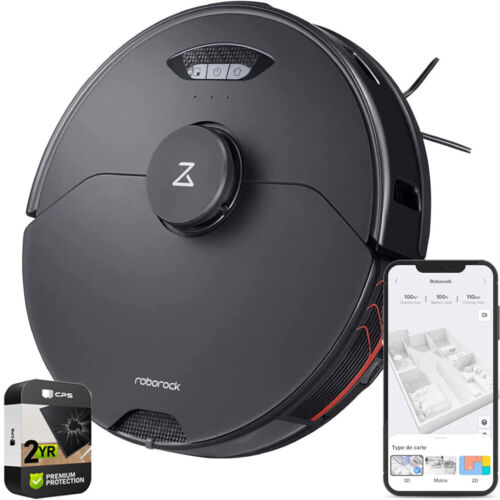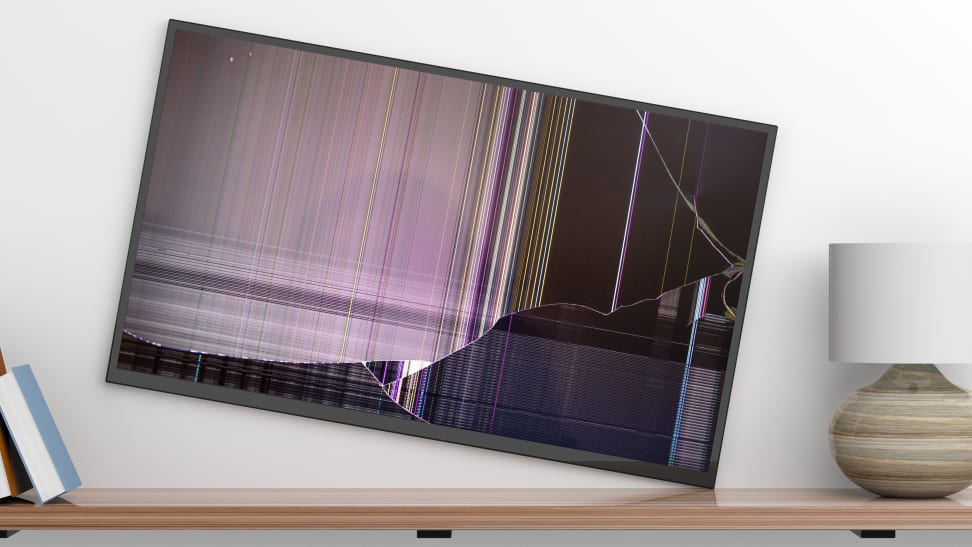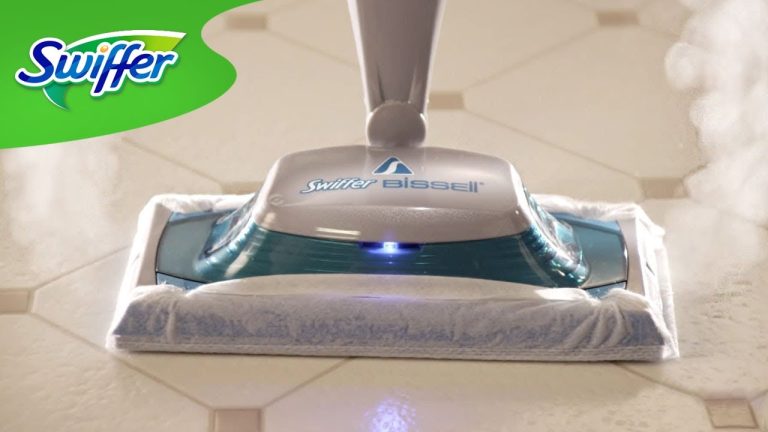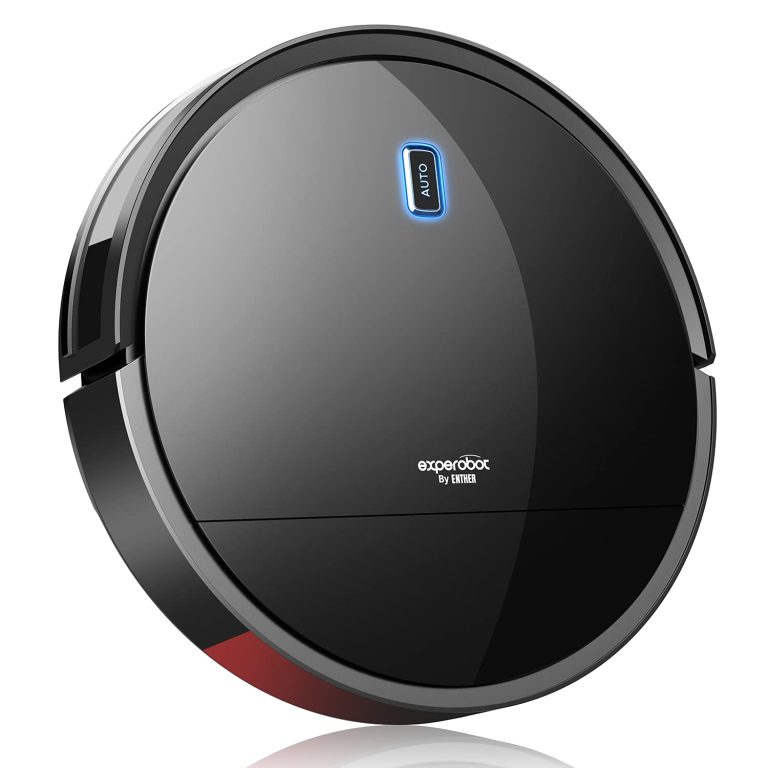Should I Buy Extended Warranty on Robot Vacuum?

There is no definitive answer to whether or not you should buy an extended warranty on your robot vacuum. Ultimately, it depends on how much you are willing to spend and how long you expect the vacuum to last. If you are concerned about the possibility of expensive repairs, then an extended warranty may give you peace of mind.
However, keep in mind that most warranties only cover defects and not normal wear and tear. Therefore, if your vacuum breaks down due to normal use, you will still have to pay for the repairs.
There are a few things to consider when deciding whether or not to buy an extended warranty on your robot vacuum. The first is the price of the vacuum itself. If it’s a high-end model, it may be worth the extra money to get the extended warranty in case something goes wrong.
However, if it’s a lower-priced model, you might be able to save some money by skipping the warranty. Another thing to consider is how often you plan on using the vacuum. If you’re only going to use it occasionally, an extended warranty may not be necessary since there’s less chance of something going wrong.
On the other hand, if you use it daily, an extended warranty could give you some peace of mind in knowing that you’re covered if something does go wrong. Finally, think about what kind of coverage you need. Some warranties only cover certain types of damage or repairs, so make sure you know what’s included before making your final decision.
Ultimately, whether or not to buy an extended warranty on your robot vacuum is up to you and depends on a variety of factors. Consider all of these things before making your decision so that you can be sure you’re getting the best value for your money.
What Items Should You Buy Extended Warranties On?
When it comes to extended warranties, there are a few key things to keep in mind. First, extended warranties are only as good as the company that offers them. Make sure to do your research and read reviews before buying an extended warranty from any company.
Second, not all items are worth buying an extended warranty for. In general, you should only buy an extended warranty for items that are expensive to repair or replace. For example, it might make sense to buy an extended warranty on a television, but not on a coffee maker.
Third, be sure to understand what is covered by the extended warranty. Many times, companies will exclude certain parts or types of damage from their coverage. Make sure you know what is and is not covered before buying an extended warranty.
Finally, remember that you can often get similar coverage from your credit card company if you use their card to purchase the item. Credit cards typically offer some level of protection for purchases made with the card, so be sure to check with your credit card issuer before buying an extended warranty.

Credit: www.reviewed.com
Are Extended Warranty Worth It?
An extended warranty is an insurance policy on your vehicle and it acts as a safeguard against expensive, unforeseen repairs. Many feel that the extra cost of an extended warranty is not worth it because the odds are that you won’t need it. However, if you do need to make a claim, the coverage can end up saving you hundreds or even thousands of dollars.
There are a few things to consider when deciding if an extended warranty is right for you. First, think about what kind of driver you are. If you generally take good care of your car and don’t put many miles on it each year, then the likelihood of something going wrong is relatively low and an extended warranty may not be necessary.
However, if you tend to drive more aggressively or frequently travel long distances, then your car may be at greater risk for developing problems down the road. In this case, having an extended warranty could give you peace of mind knowing that you’re covered in case something does go wrong.
Another factor to consider is how long you plan on keeping your car.
If you typically trade in or sell your car every few years, then chances are any repairs that need to be made will fall within the manufacturer’s basic warranty period anyway and an extended warranty wouldn’t be necessary. On the other hand, if you plan on holding onto your car for several years after purchase, then getting an extended warranty might make sense since repair costs tend to increase with age.
The bottom line is that there’s no one-size-fits-all answer when it comes to whether or not an extended warranty makes sense – it really depends on your individual situation and needs.
To get a better idea of whether buying an extended warranty makes financial sense for YOU specifically, ask yourself these questions:
How much would I pay out-of-pocket if I needed to make a repair? What is my driving habits?
How old will my car be when the manufacturer’s basic warranty expires? Do I have other savings set aside specifically for car repairs? Would I feel more comfortable knowing I have coverage in case something goes wrong?
What are Two Reasons Not to Buy an Extended Warranty?
When it comes to extended warranties, there are a few things you should keep in mind before making your decision. Here are two reasons why you might not want to buy an extended warranty:
1. You might not need it.
If you’re buying a new car, chances are good that it’s going to come with a manufacturer’s warranty that will cover any major mechanical or electrical problems for at least the first few years of ownership. And if you’re buying a used car from a reputable dealer, they may offer their own warranty on the vehicle. So unless you’re planning on keeping your car for 10+ years or driving it into the ground, an extended warranty might not be necessary.
2. It could end up costing you more than it’s worth.
While an extended warranty may give you peace of mind knowing that repairs will be covered, it’s important to remember that these plans typically come with a deductible (the amount you have to pay out-of-pocket before coverage kicks in) and often exclude certain items like wear-and-tear or maintenance items. So if you do have to make a claim, there’s a good chance you’ll still be shelling out some money yourself.
And depending on the terms of the plan, the monthly cost of an extended warranty can add up over time and end up costing more than what you would’ve paid for repairs without coverage.
How Many Years Does a Robot Vacuum Last?
When it comes to robot vacuums, one of the most frequently asked questions is “How long do they last?” The answer, unfortunately, is not as straight-forward as we would like it to be. It really depends on a number of factors, including the brand/model of vacuum, how well you take care of it, and how often you use it.
With that said, most robot vacuums will last somewhere between 1 and 3 years before they need to be replaced. Of course, there are always exceptions to this rule. There are some reports of people who have had their robot vacuum for 5+ years without any issues.
Then there are others who have had to replace theirs after just a few months because it stopped working correctly or simply wore out from heavy use. If you want your robot vacuum to last as long as possible, there are a few things you can do:
1. Choose a quality brand/model: Not all robot vacuums are created equal.
Some brands/models are simply better made and more durable than others. Do your research and choose a quality brand/model that has good reviews and a reputation for lasting longer than average.
2. Take care of it: Just like any other type of vacuum cleaner, your robot vacuum will last longer if you take good care of it.
Empty the dustbin regularly (after each use if possible), clean the brushes regularly, and don’t let it run over sharp objects or into walls too often (which can damage the sensors).
3 Use it less often: This might sound counterintuitive but using your robot vacuum less often will actually help extend its lifespan. If you only use it once or twice per week instead of every day, for example, parts will wear out less quickly and overall wear-and-tear will be reduced.
Are Extended Warranties a Waste?
When it comes to extended warranties, there are a lot of different opinions out there. Some people think that they are a waste of money, while others feel that they are worth the investment. So, what is the truth?
Are extended warranties a waste of money?
The answer to this question really depends on a few different factors. The first factor is what type of product you are purchasing.
If you are buying a high-end item that is known for having a lot of problems, then an extended warranty may be worth the investment. However, if you are buying a cheaper item that doesn’t have many issues, then an extended warranty may not be necessary.
Another factor to consider is how long the warranty period is.
Most extended warranties will cover you for one or two years after your purchase. However, there are some that will cover you for up to five years. Obviously, the longer the coverage period, the more expensive the warranty will be.
Therefore, you need to decide if the extra cost is worth it to you.
Finally, you also need to take into account your own personal circumstances when deciding whether or not an extended warranty makes sense for you. For example, if you have a history of losing or breaking items quickly, then an extended warranty may save you money in the long run.
On the other hand, if you take good care of your belongings and rarely have any problems with them, then an extended warranty probably isn’t necessary.
In general, there is no right or wrong answer when it comes to whether or not extended warranties are a waste of money.
Extended Warranty: Buy or Don’t Buy? – Tekzilla Clips
Conclusion
Whether or not you should buy an extended warranty on a robot vacuum depends on your personal preferences and needs. An extended warranty may be a wise investment if you are looking for additional peace of mind. However, it may not be necessary if you feel confident in the robot vacuum’s reliability and don’t anticipate needing additional protection. Ultimately, the decision is yours.


